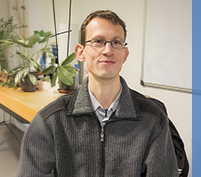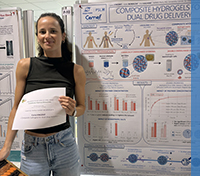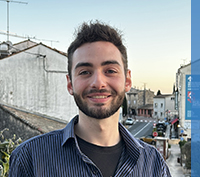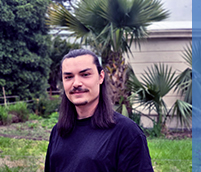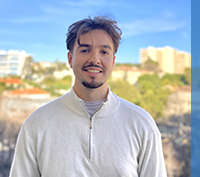PhD defence of Charles Brissot
14 April 2022
Charles Brissot defends his PhD in Computational Mechanics and Materials on April 14th, 22
Numerical and experimental study of boiling flows – Application to quenching

Charles Brissot conducted his PhD work in the CFL team, under the supervision of Elie Hachem and Rudy Valette in the framework of the ANR Industrial Chair INFINITY. Charles defends his PhD in Computational Mechanics and Materials on April 14th, 2022 in front of the following jury:
Prof. ABISSET-CHAVANNE Emmanuelle, Arts et Métiers ParisTech, referee
Prof. COUTINHO Alvaro, Federal University of Rio de Janeiro, Brésil, referee
Dr. LAJOINIE Guillaume, University of Twente, examinateur,
Prof. ARGENTIN Médéric, Institut de Physique de Nice, examinateur
Mr. EVEN David, Faurecia, invité
Abstract:
Boiling is an efficient way of extracting heat from a solid. It is used in many industrial processes among which quenching. Quenching consists in the rapid cooling of a metallic part inside a fluid in order to improve the material properties of the microstructure. The control of the temperature variations is of great importance in this process. Thus, the understanding of boiling is fundamental as it drives the cooling rate.
This thesis is part of the industrial Chair INFinity that gathers a consortium of twelve companies. They share a common will to improve their knowledge on quenching thanks to numerical simulation. Computational Fluid Dynamics (CFD) is a solution to reduce the number of full scale experiments for every new quenched part, as well as to provide a powerful tool describing the underlying physics. We thus aimed at developing a tool to simulate the quenching process at an industrial scale. To do so, different aspects have be studied: (i) analyse the most important features of boiling to simplify the problem, (ii) implement a numerical Finite Element framework to properly simulate multiphase systems with phase change, (iii) challenge the model with the simulation of film boiling on a sphere quenching experiment and on a vertical film boiling benchmark and (iv) enrich the model to account for all boiling modes and to implement a quenching model that can handle industrial applications.
An analytical work on the mass, momentum and energy conservation equations in the context of quenching is proposed. A numerical work is tackled to develop a tool based on a Level Set framework and a Continuous Surface Force approach. Validations are then done on 2D and 3D benchmarks of increasing complexities. An experimental work on the quenching of mall nickel spheres has been done. Validations on academic and industrial benchmarks with discussion on the assumptions and the validity of the model are presented.

Keywords: Boiling, Quenching process, Phase Change, Vaporisation, Finite Element Method, Level Set method


